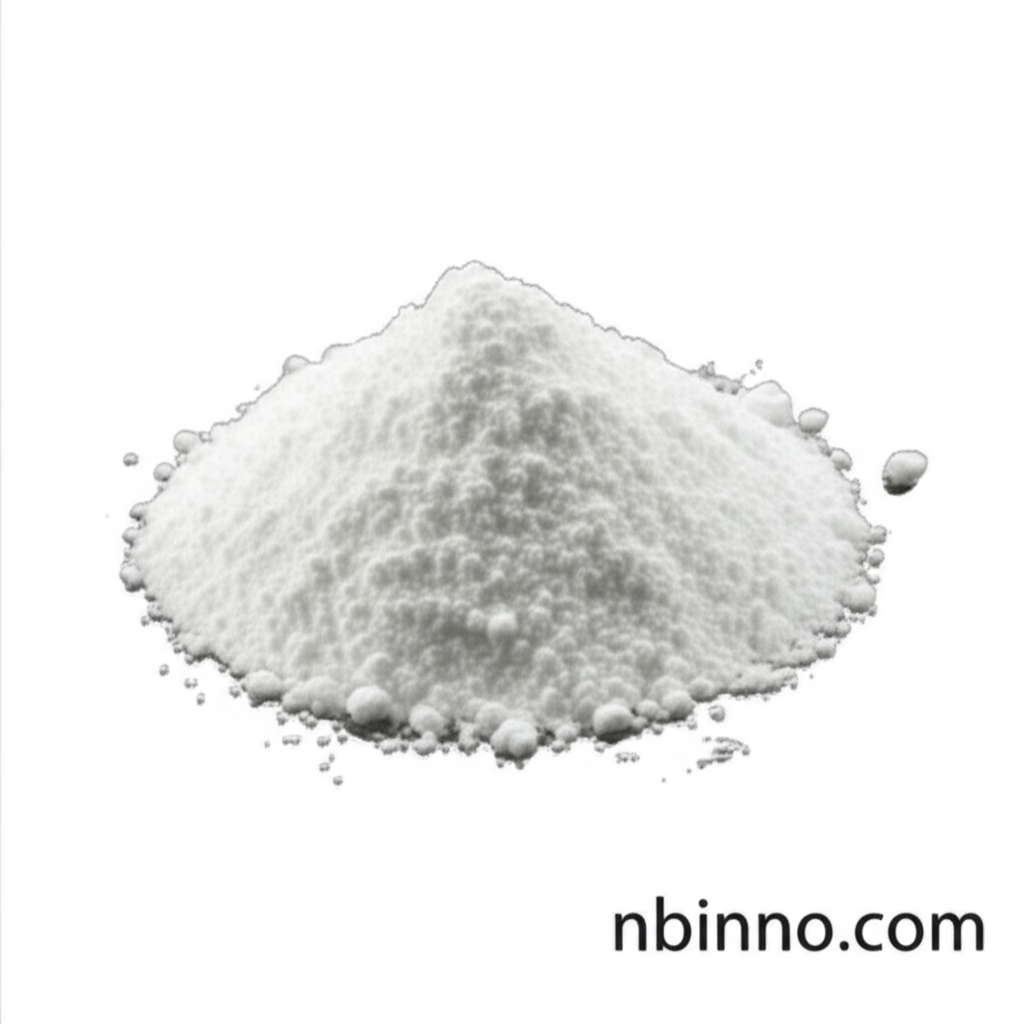Thymine CAS 65-71-4: A Cornerstone of DNA and Pharmaceutical Innovation
Discover the essential role of Thymine, a vital DNA base and key pharmaceutical intermediate.
Get a Quote & SampleProduct Core Value

Thymine
Thymine, scientifically identified as 5-methyluracil and bearing the CAS number 65-71-4, stands as a critical pyrimidine base within the deoxyribonucleic acid (DNA) double helix. Its significance extends beyond its fundamental biological role, serving as a crucial intermediate in the synthesis of numerous vital pharmaceuticals, including the life-saving anti-AIDS drugs like AZT. Its chemical properties, such as solubility in hot water and alkaline solutions, alongside its decomposition at high temperatures, make it a compound of considerable interest for biochemical research, particularly for studies focusing on DNA structure, energy parameters, and hydrogen bonding kinetics with other nucleic acid bases such as adenine. Furthermore, its application in developing sensitive heavy metal detectors based on nanoparticle coordination chemistry highlights its versatility.
- Unlock the secrets of DNA structure by studying its key component, thymine, a fundamental building block vital for genetic information storage and transmission.
- Leverage thymine as a key pharmaceutical intermediate, essential for the synthesis of critical antiviral drugs like AZT, contributing to global health advancements.
- Investigate thymine's role in biochemical research, exploring its hydrogen bonding parameters with other bases like adenine to understand complex molecular interactions.
- Utilize thymine in advanced chemical applications, such as the development of sensitive heavy metal detectors, showcasing its diverse functional capabilities.
Key Advantages
Foundation for Genetic Stability
As a core component of DNA, thymine is indispensable for maintaining the stability and integrity of genetic information across all living organisms.
Crucial Pharmaceutical Synthesis
Thymine serves as a pivotal intermediate in the synthesis of critical antiviral and anti-tumor drugs, playing a significant role in pharmaceutical development.
Versatile Research Tool
Researchers utilize thymine to study fundamental biochemical processes, including DNA structure, energy transfer, and hydrogen bonding kinetics with other nucleic acid bases.
Key Applications
Pharmaceutical Manufacturing
Essential intermediate in the synthesis of life-saving drugs, particularly antiviral agents like AZT, demonstrating its critical role in the pharmaceutical industry.
Biochemical Research
A fundamental tool for scientists studying DNA structure, base pairing, and the kinetic parameters of molecular interactions, advancing our understanding of life sciences.
Chemical Synthesis Intermediate
Used as a starting material in various chemical syntheses, including the development of sensitive detectors for heavy metals, highlighting its chemical utility.
Genetic Studies
Crucial for understanding the fundamental building blocks of DNA, enabling research into genetic information transfer and stability.
